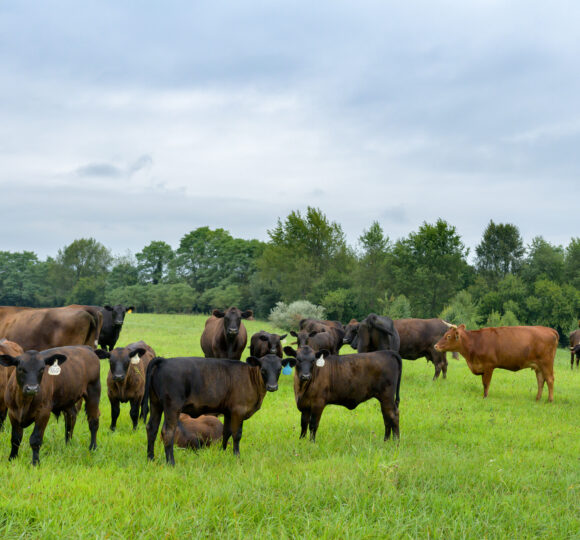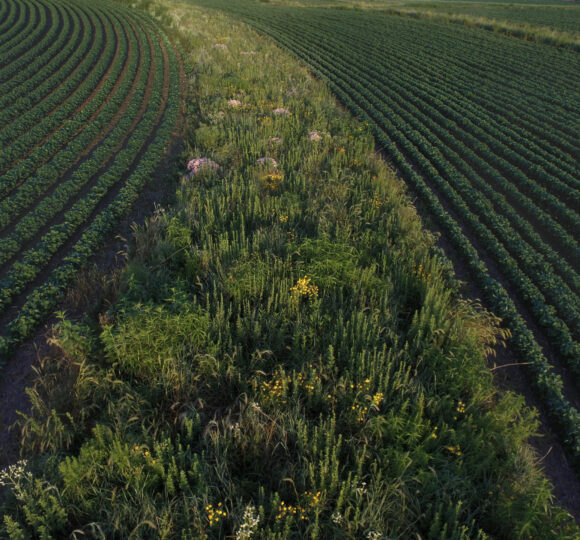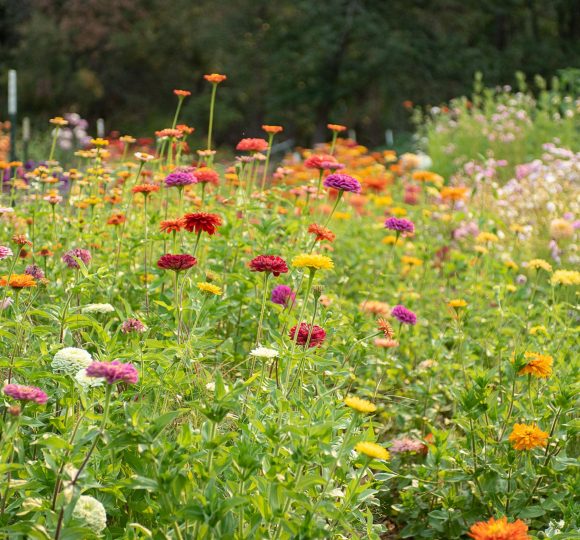Bioregionalists have championed the utility of the concept of the watershed as an organizing framework for thought and action directed to understanding and implementing appropriate and respectful human interaction with particular pieces of land. In a creative analogue to the watershed, permaculturist Arthur Getz has recently introduced the term "foodshed" to facilitate critical thought about where our food is coming from and how it is getting to us. We find the "foodshed" to be a particularly rich and evocative metaphor; but it is much more than metaphor. Like its analogue the watershed, the foodshed can serve us as a conceptual and methodological unit of analysis that provides a frame for action as well as thought. Food comes to most of us now through a global food system which is destructive of both natural and social communities. In this article we explore a variety of routes for the conceptual and practical elaboration of the foodshed.
While corporations which are the principal beneficiaries of a global food system now dominate the production, processing, distribution, and consumption of food, alternatives are emerging which together could form the basis for foodshed development. Just as many farmers are recognizing the social and environmental advantages to sustainable agriculture, so are many consumers coming to appreciate the benefits of fresh and sustainably produced food. Such producers and consumers are being linked through such innovative arrangements as community supported agriculture and farmers markets. Alternative producers, alternative consumers, and alternative small entrepreneurs are rediscovering community and finding common ground in municipal and community food councils. Recognition of one's residence within a foodshed can confer a sense of connection and responsibility to a particular locality. The foodshed can provide a place for us to ground ourselves in the biological and social realities of living on the land and from the land in a place that we can call home, a place to which we are or can become native.





